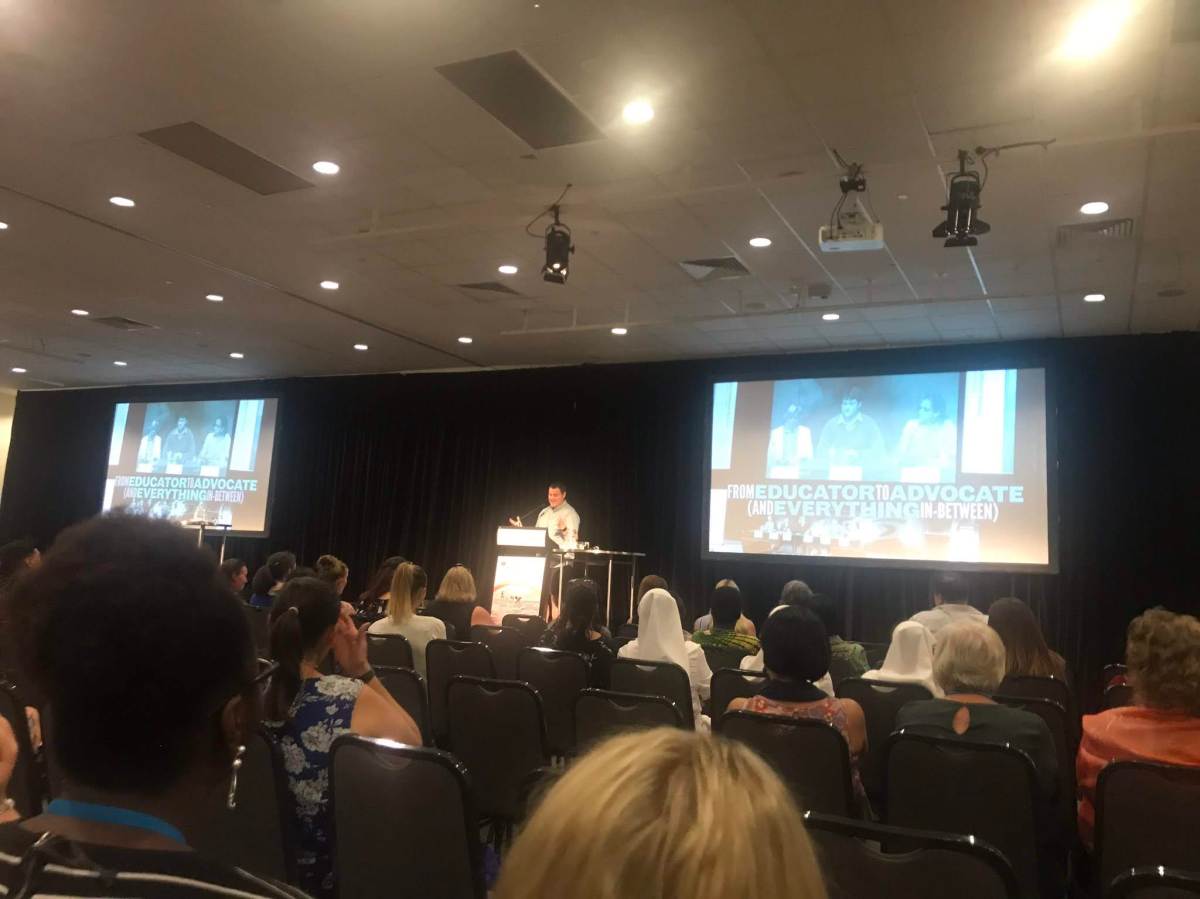A couple of things happened in the early education sector recently. Neither of them are huge deals on their own, but they both represent trends in the sector that tell us a lot about where we are at right now.
One of Australia’s largest early education organisations ditched the “Early Learning” in their name for “Childcare and Education”. Some blokes in suits, with no early education qualifications whatsoever, did it to grab a few more clicks from families on Google they could convert into revenue.
And an AFL team has decided that a “childcare centre” near their stadium shaped like an enormous football would be pretty cute. It’s called Kool Kids, of course. More blokes, more suits, same amount of early education qualifications (zero).
What matters about these announcements isn’t that they’ve happened. It’s that they’ve happened and no-one cares. Reached for comment, Australia’s early education sector said: shrug emoji.







